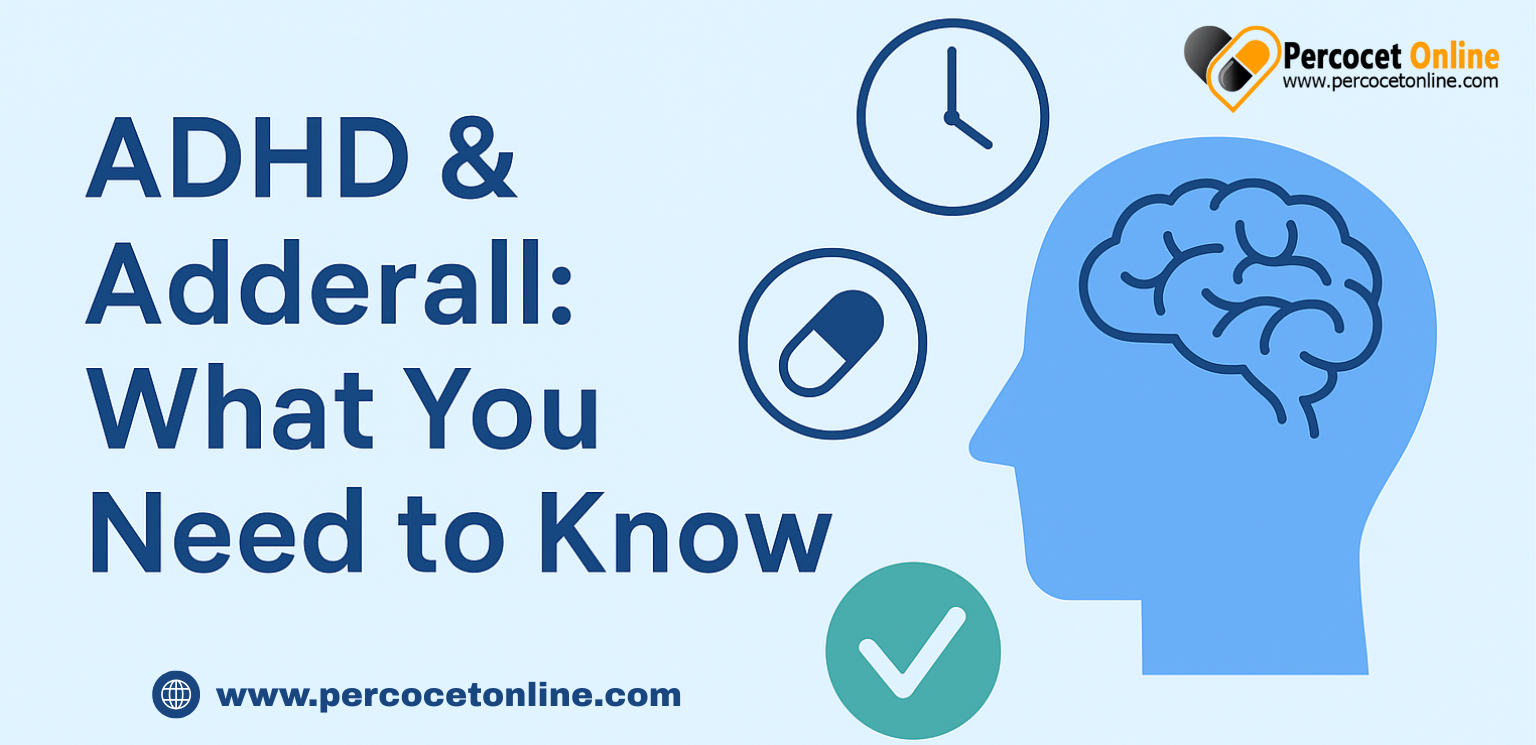
ADHD (Attention-Deficit/Hyperactivity Disorder) is a neurodevelopmental disorder that can significantly impact an individual’s daily life, affecting their ability to focus, control impulses, and regulate behavior. In the management of ADHD, Adderall, a commonly prescribed medication, plays a crucial role in alleviating symptoms and improving cognitive function. This article will delve into the key aspects of ADHD and Adderall, providing essential insights into the condition, the medication’s mechanism of action, potential benefits and side effects, considerations before starting treatment, strategies for effective management, and alternatives to Adderall for those seeking different approaches to ADHD management.
Understanding ADHD: Causes and Symptoms
ADHD (Attention Deficit Hyperactivity Disorder) is one of the most common neurodevelopmental disorders, especially among children—but it often continues into adulthood. While it affects attention, impulse control, and hyperactivity, the symptoms and severity can vary widely from person to person.
Defining ADHD
ADHD is a chronic condition that affects brain function and development. It’s not just about being “hyper” or easily distracted—ADHD can impact every aspect of life, from relationships to job performance.
There are three primary types of ADHD:
- Predominantly Inattentive Type: Difficulty focusing, forgetfulness, easily distracted.
- Predominantly Hyperactive-Impulsive Type: Excessive movement, talking, impulsive behavior.
- Combined Type: A mix of both inattentive and hyperactive-impulsive symptoms.
Potential Causes of ADHD
While the exact cause of ADHD isn’t fully understood, researchers believe it’s linked to several contributing factors:
- Genetics: ADHD tends to run in families, suggesting a strong hereditary component.
- Brain Structure and Function: Imaging studies have found differences in the brains of people with ADHD, particularly in areas that control attention and impulse.
- Prenatal Factors: Exposure to alcohol, tobacco smoke, or drugs during pregnancy may increase risk.
- Environmental Factors: Lead exposure and early childhood trauma can contribute to the development of ADHD symptoms.
- Premature Birth or Low Birth Weight: These conditions may also increase the likelihood of ADHD.
Common Symptoms of ADHD
ADHD symptoms are typically divided into two categories: inattentiveness and hyperactivity/impulsivity.
Inattentive Symptoms:
- Struggles to sustain attention in tasks or play
- Frequently makes careless mistakes
- Avoids or dislikes tasks that require mental effort
- Often loses things (keys, homework, phones)
- Easily distracted by external stimuli
- Appears not to listen even when spoken to directly
Hyperactive-Impulsive Symptoms:
- Fidgets or squirms constantly
- Talks excessively
- Interrupts or intrudes on others
- Has trouble waiting their turn
- Often feels “on the go” as if driven by a motor
The Role of Adderall in ADHD Treatment
Managing ADHD often requires a combination of behavioral therapy, lifestyle changes, and—in many cases—medication. One of the most well-known and commonly prescribed medications is Adderall. But what exactly is it, and how does it help?
Overview of Adderall
Adderall is a prescription medication made from a combination of four amphetamine salts. It belongs to a class of drugs called central nervous system stimulants. By increasing levels of dopamine and norepinephrine in the brain, Adderall helps improve attention, focus, and impulse control.
Key Facts About Adderall:
- Generic Name: Mixed amphetamine salts
- Forms Available: Immediate-release (IR) and extended-release (XR)
- Approved Use: Treatment for ADHD and narcolepsy
- Schedule II Drug: Controlled due to its potential for misuse or dependence
Adderall as a Treatment for ADHD
For many individuals with ADHD, especially those with moderate to severe symptoms, Adderall can be life-changing. It works by enhancing communication between brain cells in areas that regulate attention, behavior, and executive function.
How Adderall Helps ADHD:
- Improves attention span
- Reduces impulsive behavior
- Decreases hyperactivity
- Enhances task completion and organization
Adderall Dosage for ADHD
Doses vary based on age, weight, and individual response. Doctors typically start with a low dose and adjust gradually.
- Children (6+): Often begin at 5 mg IR or 10 mg XR daily
- Adults: May start at 10–20 mg daily, adjusted as needed
Always follow your healthcare provider’s instructions, and never adjust dosage without medical advice.
Is Adderall Safe for Long-Term Use?
When taken as prescribed, Adderall is generally safe and effective for long-term ADHD management. However, it does require regular monitoring due to potential side effects and dependency risk.
Potential Side Effects Include:
- Insomnia or sleep disturbances
- Reduced appetite
- Increased heart rate or blood pressure
- Irritability or anxiety
Potential Benefits and Side Effects of Adderall
Adderall has become one of the most widely used prescription medications for ADHD—and for good reason. When taken under medical supervision, it can greatly improve quality of life. But like any medication, it comes with potential risks and side effects.
Let’s explore both the upsides and the things to watch out for when using Adderall for ADHD management.
Benefits of Adderall for ADHD Management
When used appropriately, Adderall helps ADHD symptoms in both children and adults. It’s not just about “calming down” hyperactivity—it targets brain function to enhance day-to-day performance.
Key Benefits Include:
- Improved Focus & Concentration: Adderall helps people stay on task longer, especially with repetitive or detailed work.
- Reduced Impulsivity: It enables better decision-making and reduces blurting, interrupting, or risky behavior.
- Decreased Hyperactivity: Helps manage restlessness, fidgeting, and the “can’t-sit-still” feeling.
- Better Academic & Work Performance: Many patients report improvements in grades, productivity, and time management.
- Enhanced Emotional Regulation: Some users experience fewer mood swings and a more stable emotional state.
Common Side Effects of Adderall
While Adderall is effective for ADHD, it’s not without side effects—especially when dosage isn’t properly managed or when it’s misused.
Typical Side Effects Include:
- Insomnia or trouble sleeping
- Decreased appetite or weight loss
- Dry mouth
- Headaches
- Increased heart rate or blood pressure
- Mood swings, irritability, or anxiety
Factors to Consider Before Starting Adderall Treatment
Before jumping into any medication—especially one as powerful as Adderall—it’s crucial to evaluate if it’s the right fit for you or your loved one. While many people benefit greatly from Adderall for ADHD, it’s not a one-size-fits-all solution.
Here are some essential factors to consider before beginning treatment.
Consulting with a Healthcare Provider
The first and most important step? Talk to a licensed healthcare professional.
Whether it’s a primary care physician, psychiatrist, or via an online consultation for ADHD treatment, a proper diagnosis and evaluation are critical. ADHD symptoms can overlap with other conditions like anxiety, depression, or sleep disorders—and taking Adderall without a clear diagnosis could lead to complications.
What to Discuss with Your Doctor:
- Your full medical and psychiatric history
- Any current medications or supplements
- Personal or family history of heart problems, mental health issues, or substance misuse
- Lifestyle factors (e.g., sleep, diet, work stress)
Understanding Risks and Benefits
Every medication has a trade-off. The key is understanding how Adderall helps ADHD, and where caution is needed.
Benefits to Consider:
- Can significantly improve daily functioning
- May reduce emotional struggles and relationship tension
- Often increases academic or professional performance
- Helps with focus, memory, and self-regulation
Risks to Understand:
- Potential for dependency or misuse (especially if not taken as prescribed)
- Side effects ranging from mild (dry mouth) to serious (heart palpitations)
- May not work well for people with certain co-occurring conditions like bipolar disorder or high blood pressure
- Requires ongoing monitoring and dose adjustments
Is Adderall Right for You?
Ask yourself and your doctor:
- Have non-medication strategies been tried?
- Are the symptoms severely impacting your life?
- Are you committed to regular check-ins and honest reporting of side effects?
Conclusion:
Understanding ADHD and the role Adderall plays in its treatment is essential for making informed decisions about managing the condition. While Adderall can be highly effective in improving focus and reducing impulsivity, it’s important to use it under medical supervision due to potential side effects and the risk of misuse. By staying informed and working closely with a healthcare provider, individuals with ADHD can find a treatment plan that supports their well-being and long-term success.

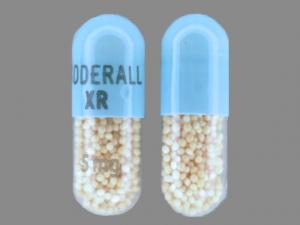
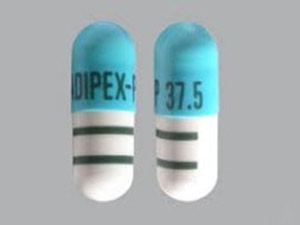
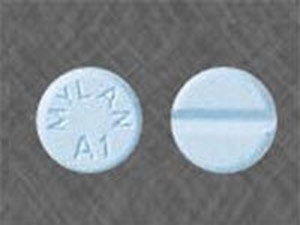
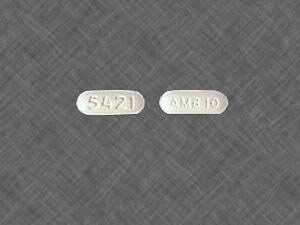
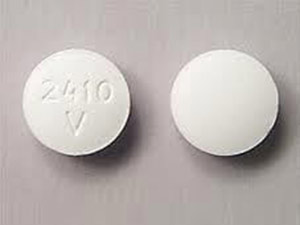
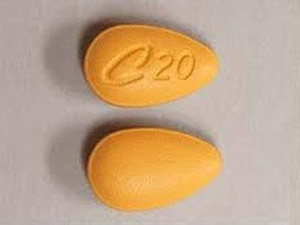
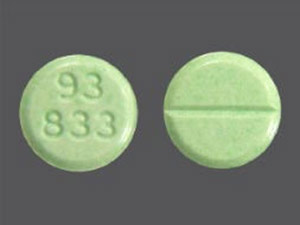
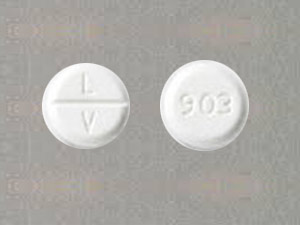
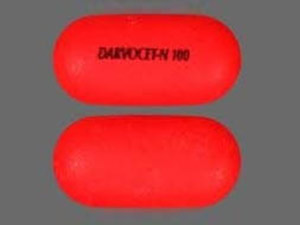
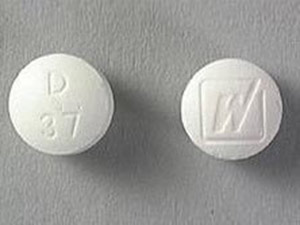
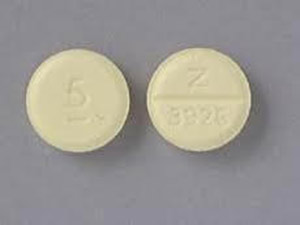
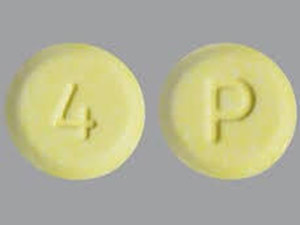
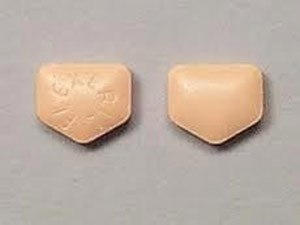
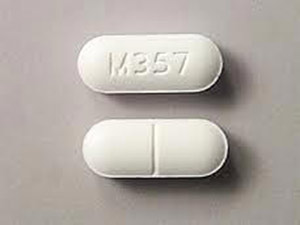
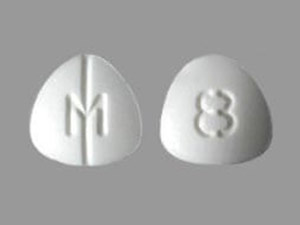
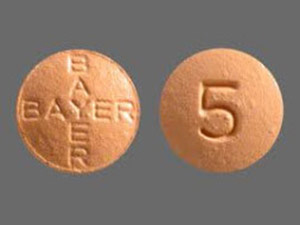
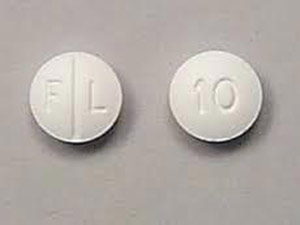
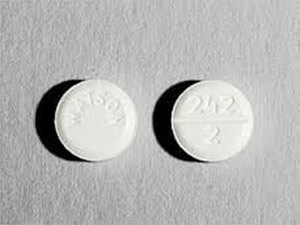
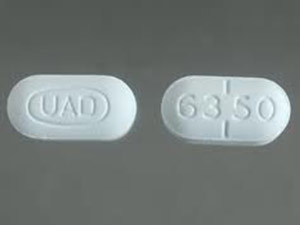
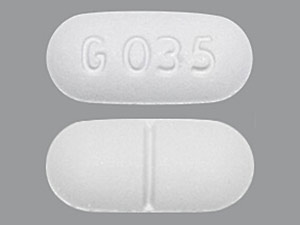
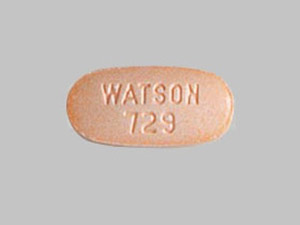

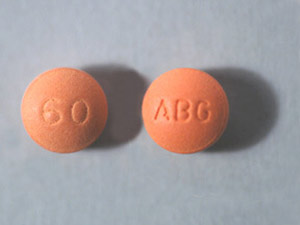
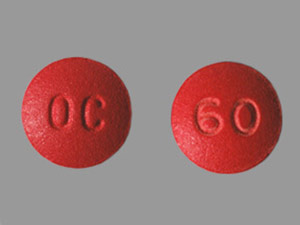
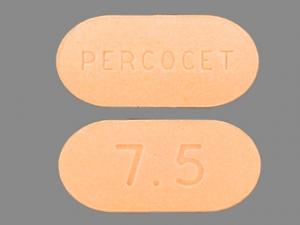

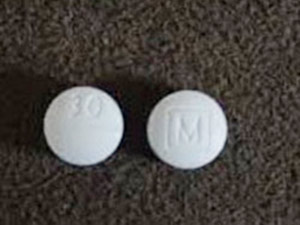
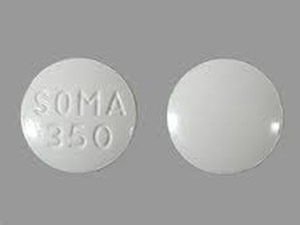
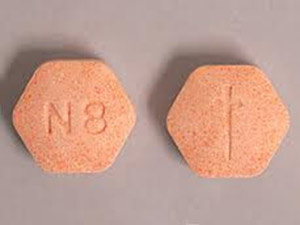
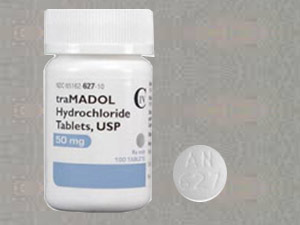
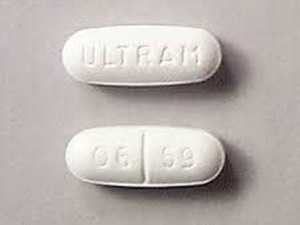
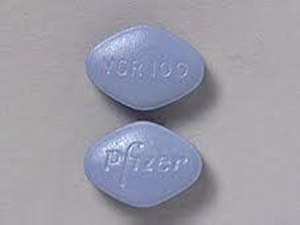
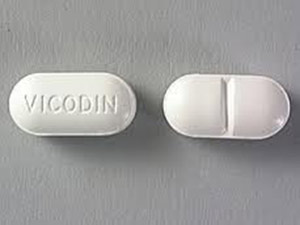

Leave a Reply